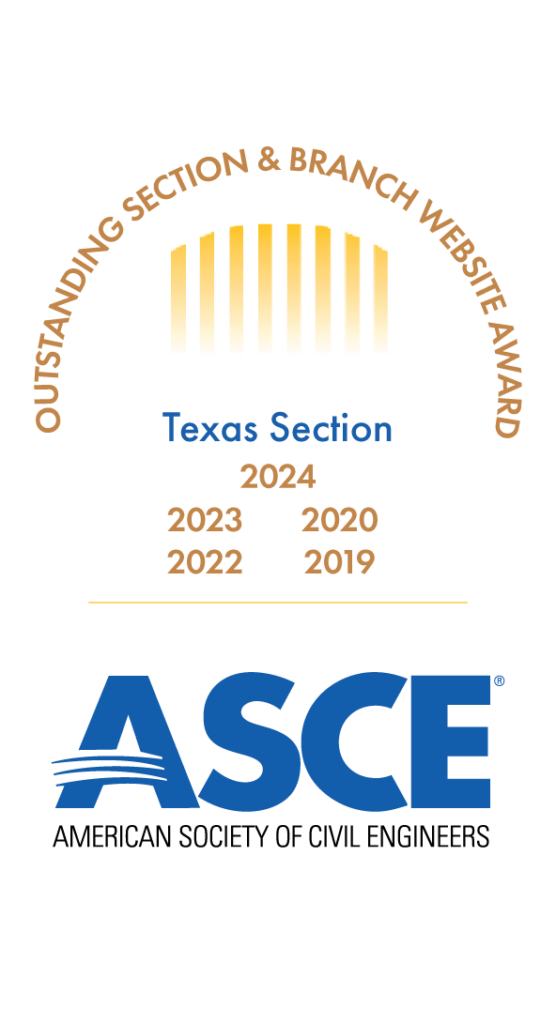Texas Infrastructure Report Card Aviation and Bridges Summary
March 2025
IRC Aviation Summary
In the 2025 Texas Infrastructure Report Card, the American Society of Civil Engineers (ASCE) assigned the state’s aviation infrastructure a grade of ‘B’, reflecting an improvement from previous assessments. This positive evaluation stems from several key factors, including the overall good condition of airfield infrastructure and the high quality of runway pavements. Notably, 98% of commercial runway pavements in Texas are rated as fair or good, underscoring the state’s commitment to maintaining its aviation facilities.
To accommodate increasing passenger traffic, which has returned to or exceeded pre-pandemic levels, major airports across Texas are undergoing significant expansion projects. These developments aim to enhance capacity and improve the overall passenger experience, ensuring that the infrastructure keeps pace with growing demand. The proactive approach to upgrading and expanding airport facilities demonstrates Texas’s dedication to supporting its aviation sector.
The report also highlights the importance of continued investment in aviation infrastructure to maintain and further improve these positive trends. Sustained funding and strategic planning are essential to address future challenges and ensure that Texas’s aviation facilities remain efficient and resilient. By prioritizing these efforts, the state can continue to support economic growth and meet the evolving needs of its residents and businesses.
IRC Broadband Summary
In the 2025 Texas Infrastructure Report Card, the American Society of Civil Engineers (ASCE) evaluated the state’s broadband infrastructure for the first time, assigning it a grade of ‘D+’. This low grade highlights significant concerns regarding the accessibility and reliability of high-speed internet across Texas, particularly in rural and underserved communities.
The report underscores that broadband access is essential for various aspects of modern life, including virtual learning, telehealth services, online commerce, and overall economic opportunities. Despite advancements in technology and increased demand, many Texans still lack adequate internet connectivity, exacerbating the digital divide and limiting access to critical services.
To address these challenges, the ASCE recommends targeted investments to expand broadband infrastructure, especially in rural and low-income areas. This includes allocating funding through grants and low-interest loans, adopting appropriate fees with periodic reviews for rate adjustments, and investing in research and technological advancements to enhance efficiency. By implementing these strategies, Texas aims to improve its broadband infrastructure, ensuring that all residents have access to the digital resources necessary for education, healthcare, and economic participation.
To read more about the aviation and bridge category, read the full IRC report at texasce.org/irc


